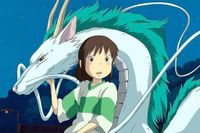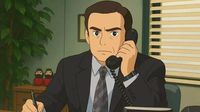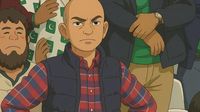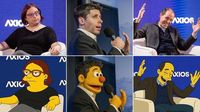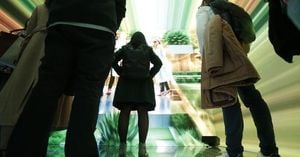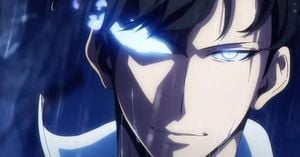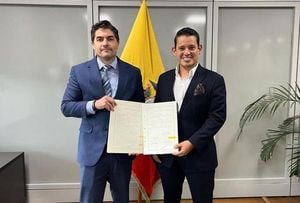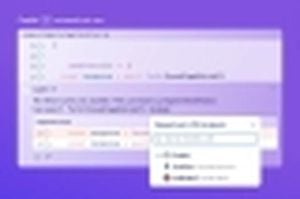In a remarkable turn of events, OpenAI has launched its new image generation tool, ChatGPT-4o, which allows users to transform their images into captivating Studio Ghibli-style art. This innovative feature, released on March 25, 2025, has quickly gone viral, captivating users worldwide with the ability to create stunning visuals reminiscent of the beloved Japanese animation studio.
As the trend exploded, social media platforms became inundated with Ghibli-style images, showcasing everything from personal photos to popular memes. Users transformed their pets, friends, and even historical figures into characters that could easily belong in a Ghibli film. OpenAI’s CEO, Sam Altman, humorously noted that the company’s servers were “melting” from the overwhelming demand for these enchanting images.
However, the excitement surrounding this new tool has been accompanied by a wave of controversy. Critics have raised concerns about copyright infringement, as many of the images generated closely mimic the distinctive style of Studio Ghibli, founded by the legendary filmmaker Hayao Miyazaki. The studio is renowned for its intricate hand-drawn animations, and the sudden rise of AI-generated art has sparked a debate about the ethical implications of using such technology.
Legal experts have weighed in on the situation, noting that while the style of Studio Ghibli itself is not explicitly protected by copyright laws, the specific characters and worlds created by the studio are. Evan Brown, an intellectual property lawyer, explained that OpenAI’s actions fall into a grey area. He stated, “What are the copyright infringement implications of going out, crawling the web, and copying into these databases?” This question highlights the ongoing legal debates surrounding AI and copyright.
Despite the concerns, the trend has continued to gain momentum. Users have reported creating images in the style of Ghibli that feature everything from political figures to iconic movie scenes. The White House even shared a Ghibli-style image depicting a weeping immigrant being arrested, which faced severe backlash for its sensitive subject matter.
As the trend evolved, it drew criticism from artists and fans alike. Karla Ortiz, an artist currently suing other AI image generators for copyright infringement, expressed her dismay at the phenomenon. She argued that companies like OpenAI fail to respect the work and livelihoods of artists. “It’s an insult. It’s exploitation,” Ortiz stated, condemning the use of Ghibli’s branding and reputation to promote AI-generated products.
OpenAI has responded to these criticisms by implementing safeguards in its technology. In a technical paper released alongside the launch of ChatGPT-4o, the company emphasized its commitment to a conservative approach when imitating the aesthetics of individual artists. They stated, “We added a refusal which triggers when a user attempts to generate an image in the style of a living artist.” However, they also clarified that broader studio styles, like that of Ghibli, are permitted.
While many users have embraced the tool for personal enjoyment, the implications of commercial use remain murky. OpenAI has indicated that personal use of these images is unlikely to lead to legal issues, but commercial use could result in claims if the images are deemed too similar to protected elements.
In a fascinating twist, some users have even experimented with creating Ghibli-style videos using ChatGPT’s capabilities. A Reddit user demonstrated a clever method of generating short animated clips by prompting ChatGPT to create frame-by-frame images, which were then stitched together into a video format. This innovative workaround showcases the versatility of the tool, even as concerns about copyright linger.
Despite the excitement, there remains a palpable tension between innovation and respect for artistic integrity. Hayao Miyazaki himself has previously expressed skepticism about AI’s role in animation, stating in a 2016 interview that he was “utterly disgusted” by the technology. He emphasized the importance of understanding human experiences and emotions, suggesting that AI lacks the capacity to capture the essence of life.
As the debate continues, many are left wondering what the future holds for AI-generated art. Will it pave the way for new creative avenues, or will it lead to a dilution of the artistry that studios like Ghibli represent? As more users turn to tools like ChatGPT for their creative needs, the lines between inspiration and imitation may become increasingly blurred.
In summary, the launch of ChatGPT-4o has opened up new possibilities for creativity, allowing users to generate stunning Ghibli-style images with ease. However, this innovation is not without its challenges, as copyright concerns and ethical implications loom large. As the trend evolves, it will be crucial for both creators and users to navigate these complex issues thoughtfully.
